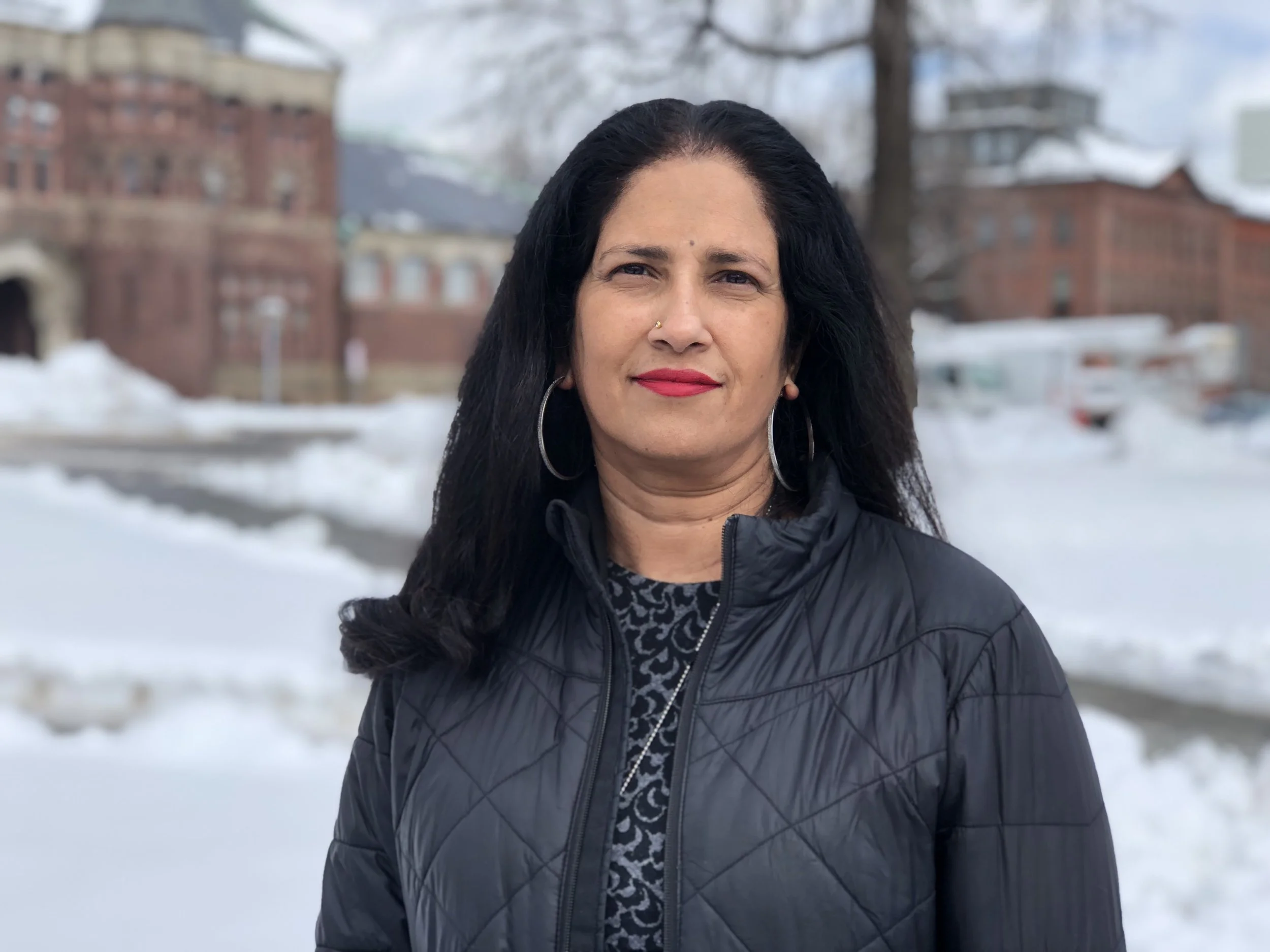What's Next for an Early Childhood Initiative With Big Plans, Backed by Big Donors?
/photo: vitmark/shutterstock
The Pritzker Children’s Initiative, an outfit backed by J.B and M.K. Pritzker, recently revealed more details on its $6.5 million, one-year pilot to support early childhood development from birth to age three. The funder first announced the project last November. As part of the pilot, the initiative is funding projects in 29 communities that were revealed this week.
The blend of national and local work, along with inclusion of rural areas in this initiative and the focus on children before they enter the classroom, are more ways the Pritzker Children’s Initiative sets itself apart when it comes to supporting early childhood learning.
The funder is partnering with five national organizations—National Association of Counties, National League of Cities, Center for the Study of Social Policy, National Institute for Children’s Health Quality and StriveTogether. The organizations will work with six to 10 communities as part of the pilot.
J.B. Pritzker and his wife are huge supporters of early childhood education. J.B. is an heir to the Hyatt fortune, and just one of the several Pritzkers we follow at IP. While he's best known right now as this year's Democratic nominee for governor in Illinois, Pritzker has carved out a distinctive role as a philanthropist by zeroing in on early childhood learning. He's not only made big gifts to the cause, but also worked to get other funders on board, believing that the field has been overlooked by donors.
Even among funders that back early childhood learning, the Pritzkers are one of the few that back national campaigns. Most donors and foundations in this space tend to focus their efforts locally, typically in the city where they're based. The Pritzkers, on the other hand, have developed a portfolio of partners that includes national organizations, like the First Five Years Fund, while also investing heavily in Chicago, their home town.
Related: The Billionaire Urging Philanthropy to Make Early Education a (Much) Bigger Priority
This latest program will be a blend of the local and national, according to Janet Froetscher, the initiative’s president. The national organizations, particularly National Association of Counties and National League of Cities, have deep ties to local communities that help them gauge interest in early childhood programs and assess their needs.
Though it’s important to tackle education issues on a national level for reasons of scale, it’s also necessary to work locally and include communities, Froetscher said. The key is to strike a balance.
“You can do all you want on the national level, but if it doesn’t come alive in communities, then it’s not real. All the work ultimately gets done at the community level. That’s where the rubber hits the road,” she said. “But as you know, it’s states that set policy and provide funding that comes through the federal government. A lot of the content knowledge, the expertise, sometimes lie on the national level, so what we’re really trying to do is to bring the two together.”
The national organizations and the Pritzker Children’s Initiative will be able to coordinate and share knowledge across communities, so that local leaders know what’s worked and what hasn’t in other jurisdictions. The 29 communities were picked with an eye toward diversity, Froetscher said. The cohort includes communities that differ by region, demographics, need, population and program stage of development.
The inclusion of rural areas along with urban centers is another way this gift is a departure from the norm. Most early childhood education work is local, often with foundations backing work in the areas where they’re based—the Kenneth Rainin Foundation in Oakland, the William Penn Foundation in Philadelphia, the Kresge Foundation in Detroit, to name a few. More often than not, that means programs in cities are backed, while rural areas are left behind.
One exception is the Minnesota Initiative Foundations, which fund early childhood education in the rural parts of the state. The inclusion of childcare in the early childhood learning work is another thing the Minnesota foundations have in common with this Pritzker initiative.
With this pilot, Pritzker is focusing on children from birth to age three with the goal of getting them ready for kindergarten. At that age, before children enter school, childcare is an important piece of the puzzle. Most early childhood education projects tend to focus on schools, though there are exceptions like the Kenneth Rainin Foundation’s Talk, Read, Sing initiative, that pushed for parents to do just that with infants and toddlers at home.
For the most part though, efforts are focused at schools, where there’s a curriculum and infrastructure that make it easier to effect change. It’s a dynamic the childcare advocates bemoan. Nonprofits pushing for access to quality, affordable childcare don’t have access to the funding early childhood learning projects do, despite overlapping goals. The W.K. Kellogg Foundation is another early childhood education backer that recognizes childcare as part of its priorities. Pritzker’s inclusion of childcare in this initiative is an encouraging sign for the field.
Remember, though, that this is only the pilot. Froetscher says the initiative plans to expand on the pilot after its one year is up, but it’s too early to say what it might look like going forward. What is known, however, is that it will run parallel to another Pritzker Children’s Initiative partnership with state governments and local communities. It’s part of the funder’s plan to build capacity inside and outside government, Froetscher said.
This is an ongoing effort, still in an early stage, that's worth watching closely.
Related:







































